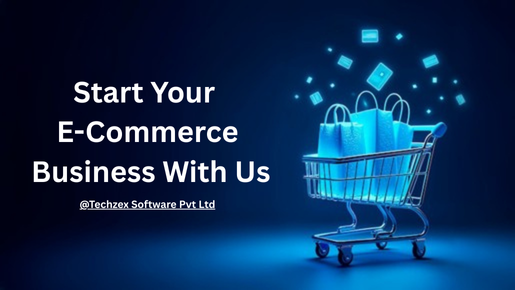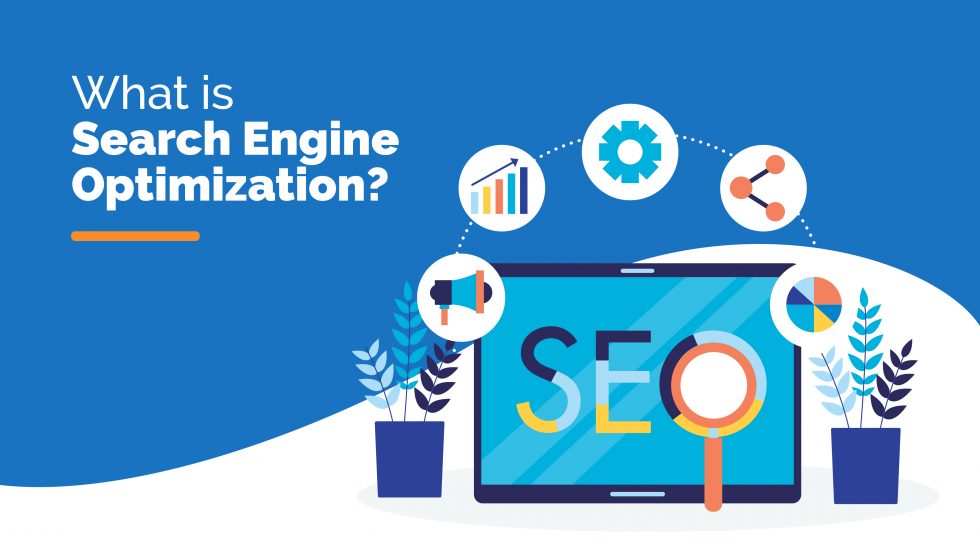Learn what an e-commerce website is, how it functions to sell products or services online, and why it's essential for modern businesses looking to grow sales and reach a wider audience.
 Images by @Techzex
Images by @Techzex
What is an E-Commerce Website? How It Works & Benefits:
In today’s digital world, e-commerce websites are the backbone of the online shopping experience. Whether you’re looking to buy clothing, electronics, groceries, or even book a hotel, e-commerce platforms provide a convenient and secure way to shop online. In this article, we’ll explore what an e-commerce website is, how it works, and the many benefits it offers to both businesses and consumers.
What is an E-Commerce Website?
An e-commerce website is a platform that enables businesses to buy and sell products or services over the internet. These websites allow customers to browse products, add them to their shopping carts, and make secure payments online. E-commerce websites use various online tools and technologies to manage inventory, process payments, handle customer queries, and ensure smooth transactions.
E-commerce websites are categorized into several types, such as:
1.Business to Consumer (B2C): This is the most common e-commerce model where businesses sell directly to consumers. Examples include Amazon, eBay, and Flipkart.
2.Business to Business (B2B): In this model, businesses sell products or services to other businesses. For example, Alibaba or India MART.
3.Consumer to Consumer (C2C): Consumers sell products directly to other consumers, often through platforms like eBay, Craigslist, and OLX.
4.Consumer to Business (C2B): This is where individual consumers offer products or services to businesses. Platforms like 99Designs and Upwork are examples.
How Does an E-Commerce Website Work?
E-commerce websites operate using a series of complex systems and technologies that work together to provide a smooth online shopping experience for consumers. Here’s a breakdown of how an e-commerce website functions:
1. Product Listings & Catalogs:
E-commerce websites feature detailed product catalogs, displaying various items that are available for sale. This includes product descriptions, prices, images, and specifications.
Businesses upload these products to the website’s content management system (CMS), which organizes and displays them to the customers in an easy-to-browse format.
2. Shopping Cart & Checkout Process:
When customers decide to buy a product, they add it to their virtual shopping cart. The website keeps track of all items added to the cart, along with prices and quantities.
After reviewing their cart, customers proceed to checkout, where they enter payment information and shipping details.
3. Secure Payment Gateways:
Payment gateways are integrated into e-commerce websites to securely process payments. Common payment methods include credit/debit cards, PayPal, Stripe, and other digital payment systems.
The payment gateway encrypts sensitive customer data and ensures the transaction is secure, confirming the purchase with both the business and customer.
4. Order Fulfilment & Shipping:
After a customer’s payment is processed, the order is sent to the business for fulfilment. This typically involves picking, packing, and shipping the product to the customer.
E-commerce platforms may offer real-time tracking, allowing customers to monitor their orders as they move through the fulfilment process.
5. Customer Support:
Most e-commerce websites offer customer support through various channels, such as live chat, email, or phone. This allows customers to ask questions about products, resolve issues with orders, or make returns.
After-sales support is critical for maintaining customer satisfaction and trust.
Benefits of E-Commerce Websites:
E-commerce websites offer numerous advantages, not just for businesses but for consumers as well. Here are some key benefits:
1. Convenience & Accessibility:
For Consumers: E-commerce websites are available 24/7, meaning customers can shop whenever and wherever they want. This flexibility provides a much more convenient shopping experience compared to traditional retail stores.
For Businesses: E-commerce allows businesses to reach a global audience, expanding their market beyond geographical limits.
2. Lower Operational Costs:
Running an e-commerce website typically requires fewer overhead costs than operating a brick-and-mortar store. Businesses can save on rent, utilities, and staffing, making it a more cost-effective model.
3. Wide Product Selection:
E-commerce platforms can offer a broader range of products than physical stores, as there are no space constraints. Customers can browse an extensive catalog, often with the ability to filter based on price, brand, features, and other criteria.
4. Enhanced Customer Experience
E-commerce websites can provide a personalized shopping experience through recommendations based on past browsing or purchasing behavior. This increases the likelihood of repeat purchases and higher customer satisfaction.
Advanced search filters, reviews, and comparison tools further enhance the shopping experience.
5. Global Reach:
E-commerce websites allow businesses to expand their reach to international markets. Whether you’re a small business owner or a large corporation, your products can be shipped to customers across the globe, significantly growing your potential customer base.
6. Better Marketing & Analytics:
E-commerce platforms can integrate with various marketing tools, such as email campaigns, social media integrations, and Google Ads. This enables businesses to target specific audiences with personalized ads.
Additionally, e-commerce websites provide valuable analytics that help businesses understand customer behavior, optimize their sales strategies, and improve inventory management.
Conclusion:
E-commerce websites are a vital part of today’s digital economy, offering businesses the ability to reach a broader audience and providing consumers with a convenient shopping experience. Whether you’re running an e-commerce business or just a shopper looking to explore products, understanding how these platforms work can help you make better decisions. With lower operational costs, global reach, and the ability to offer a wide range of products, e-commerce websites are the future of retail and commerce.
At Techzex Software Pvt Ltd, we specialize in building custom e-commerce solutions tailored to your business goals—whether you're launching a small store or scaling a full-fledged online brand. Ready to take your business online? Let our team turn your vision into a powerful digital reality.



_504015.png)

